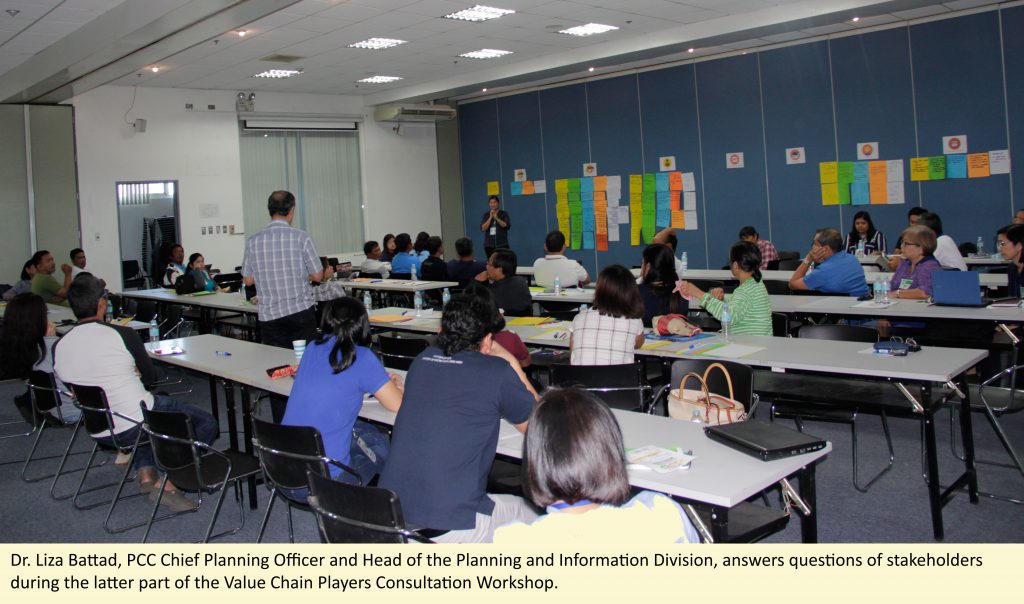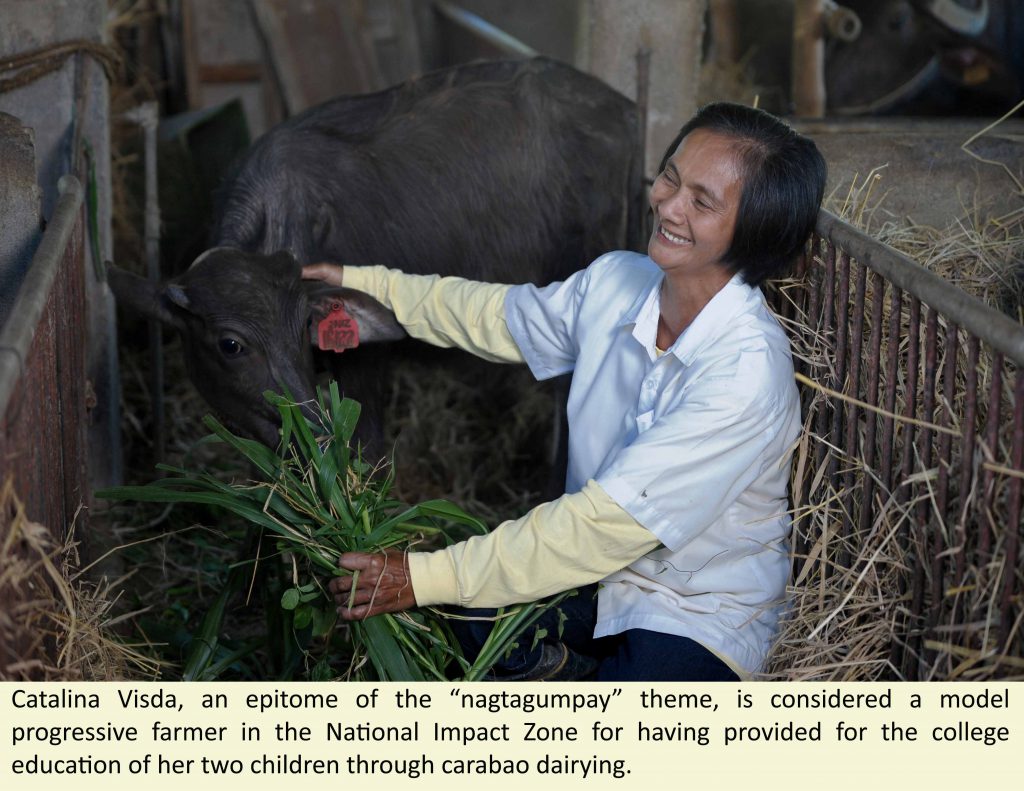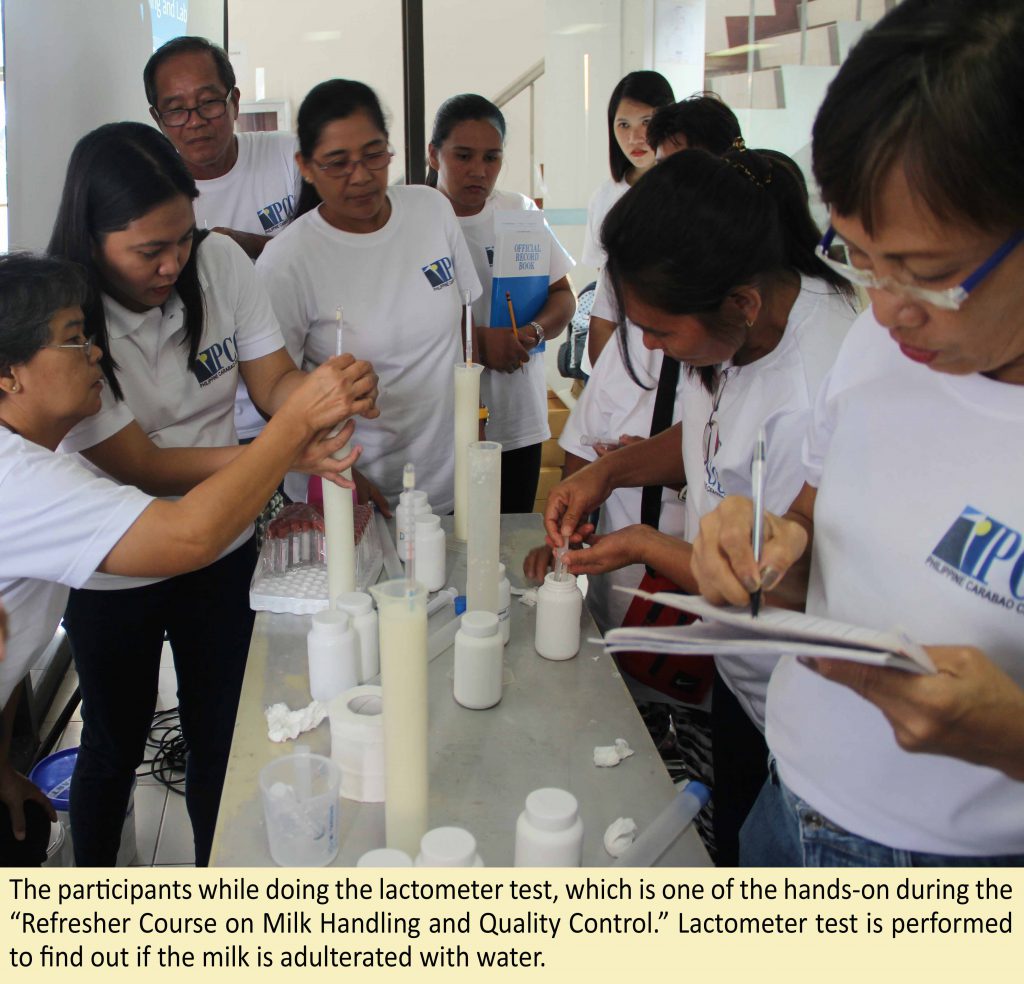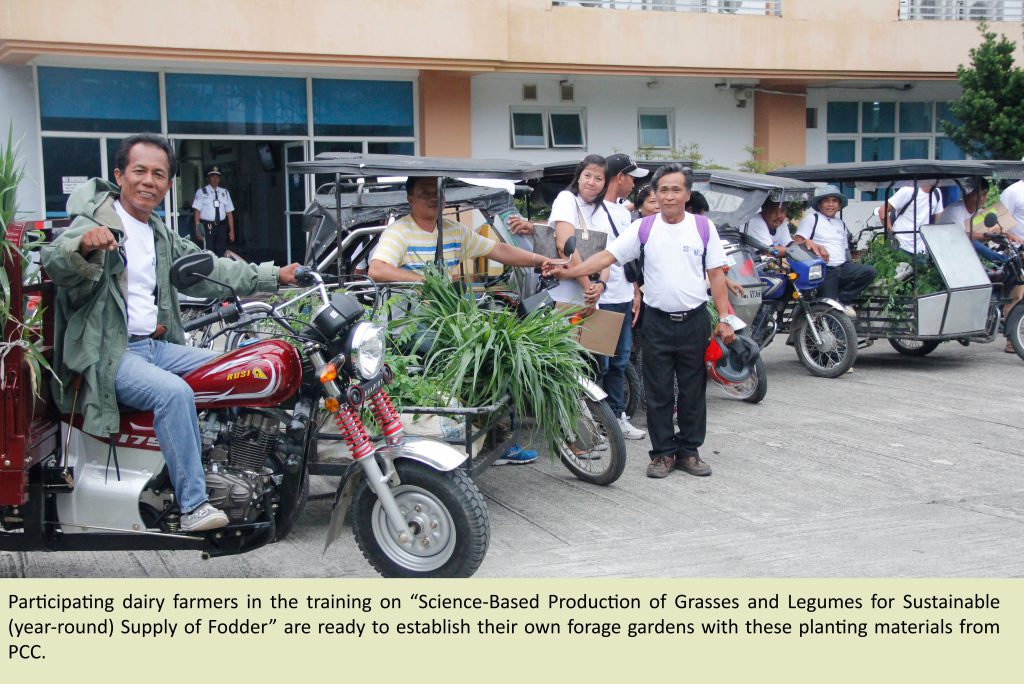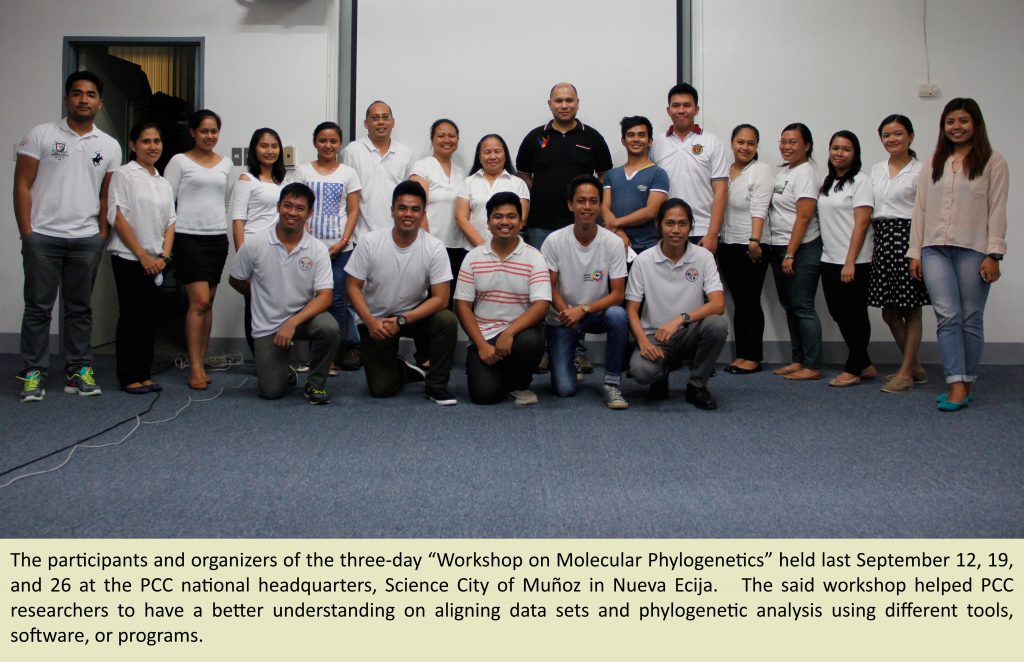Carabao-based products can be staunch competitors in the international market. A carabao industry value chain player stands by this remark as he himself believes in it. .
“We can compete with international products as long as quality along the whole value chain is maintained. For us to accomplish this, cooperation across all the members of the industry is important,” Jutes Templo, owner of Gino’s brick oven pizza, said.
Templo has received generous positive feedbacks from foreign customers saying that his pizza, burrata, and mozzarella are the best of their kinds that they have ever tasted.
To improve his products, Templo visited Italy and he found out that, indeed, his pizza is comparable to authentic Italian pizzas.
“We didn’t settle for anything less than what we wanted and we got lucky that it matched the customer’s tastes,” Templo elaborated.
Richard Cavosora, marketing representative of Magdalena Dairy in Laguna, said Gino’s Brick Oven Pizza is a proof that our country’s carabao-based products can compete internationally during the Value Chain Players Consultation Workshop on December 5-7 held at the PCC headquarters in Science City of Muñoz, Nueva Ecija.
Gino’s Brick Oven Pizza is one of the establishments that Cavosora supplies with fresh milk.
“We just need to improve the quality of our products in terms of healthiness and freshness. We also need to innovate and not be contented with existing products,” Cavosora said.
Increasing the quality of carabao-based products is just one of the concerns raised during the event.
Malou Rodriguez of Dairy Mate, an input supplier, said the strict competition in the market also requires their business to innovate continuously.
“We want to help improve the dairy industry in the Philippines by creating feeds that will help improve milk production of carabaos but we need the support from the government to lower production cost, thus, lowering the price of our product,” Rodriguez said.
Carabao dairy farmers expressed their need for more trainings and seminars on how to properly take care of their carabaos for them to be able to produce more milk.
On the other hand, the Artificial Insemination (AI) technicians stated their need for more sexed semen supply and their access on new technologies in AI.
They also requested for a regular yearly vaccination of carabaos and that farmers should be asked to stop butchering pregnant carabaos. The group strongly lobbies for this cause suggesting that a specific policy should be penned and strictly implemented to prohibit such act.
In the post-production side, institutional buyers and processors shared their vision to develop one central processing area, instead of competing with each other, to address the volume requirement of the Metro Manila market, among others.
PCC’s response
“The objective of this value chain players’ forum is for PCC to listen to the concerns of the industry stakeholders and recommend relevant solutions on how these concerns should be addressed in the long term,” Dr. Arnel del Barrio, Acting Executive Director of PCC, said.
He added the value chain players, from input suppliers to institutional buyers, need to work together for the improvement of the industry.
“There are a lot of challenges confronting us head on but we see these as opportunities for us to collaborate,” del Barrio said.
He assured the stakeholders that everything they brought up in the forum will be taken into account, and that the PCC will try its best to address these problems as soon as possible.
“We will continue to link with you so that our exchange of ideas for the betterment of the carabao industry will prosper,” del Barrio told the stakeholders.

